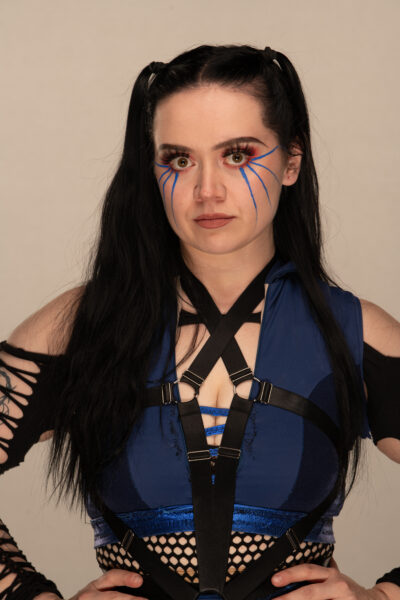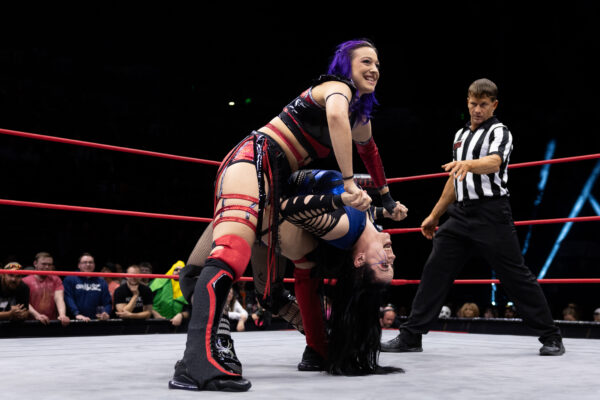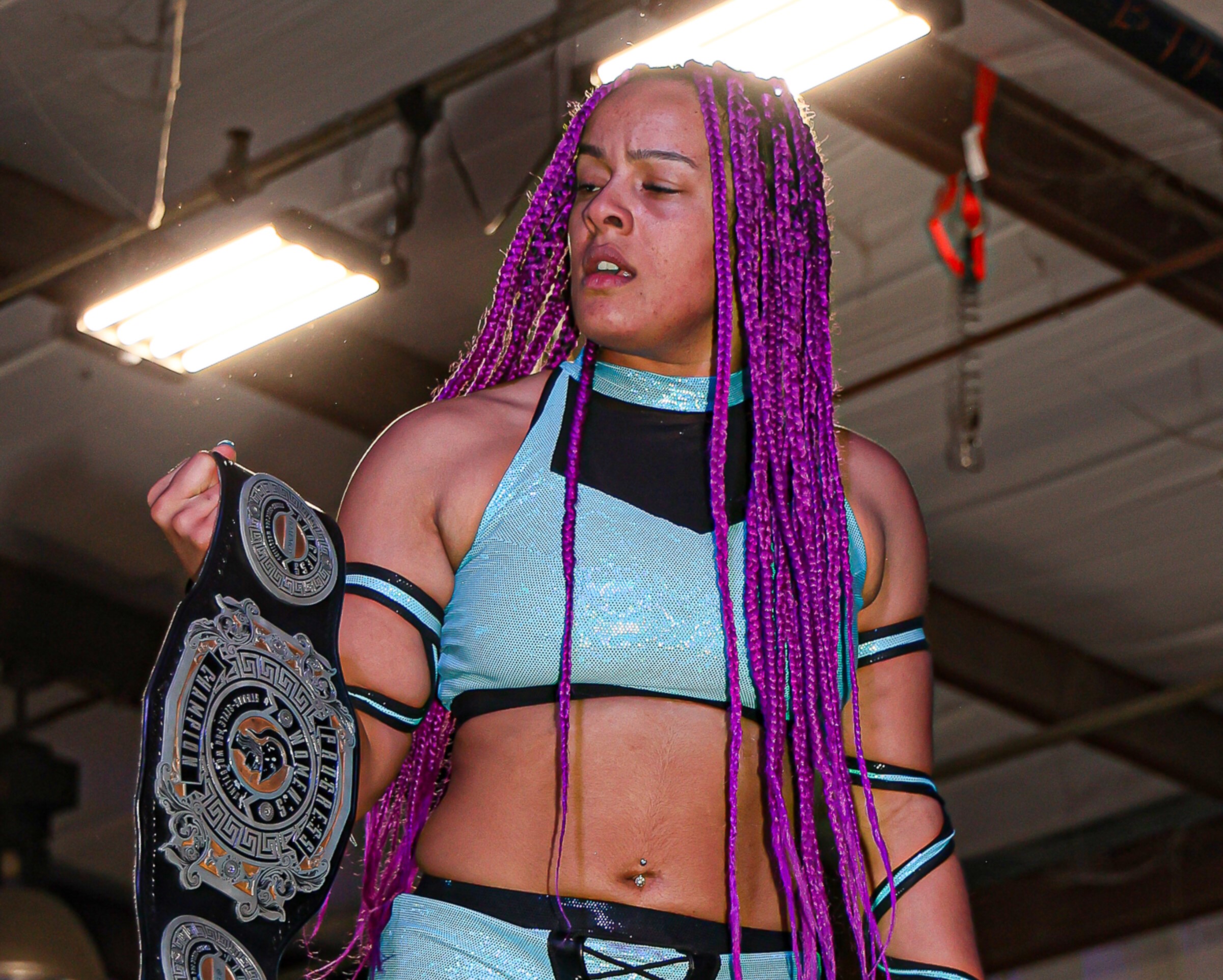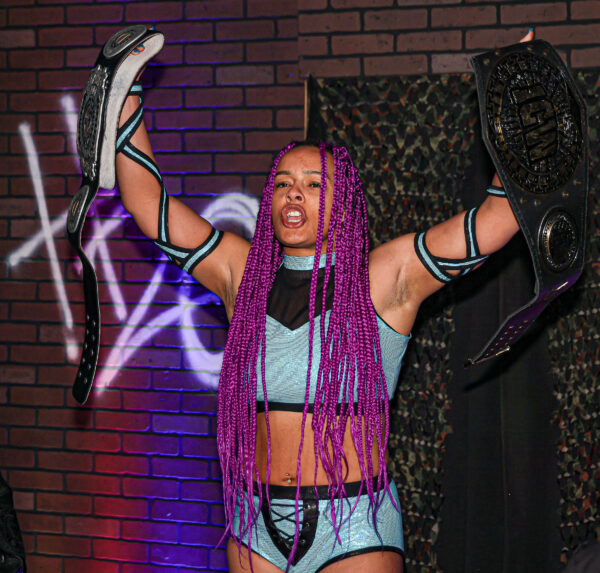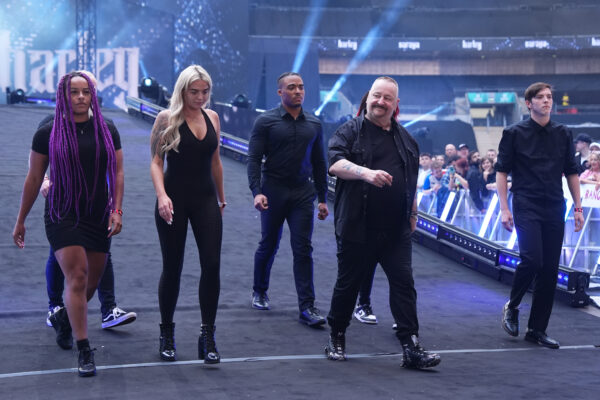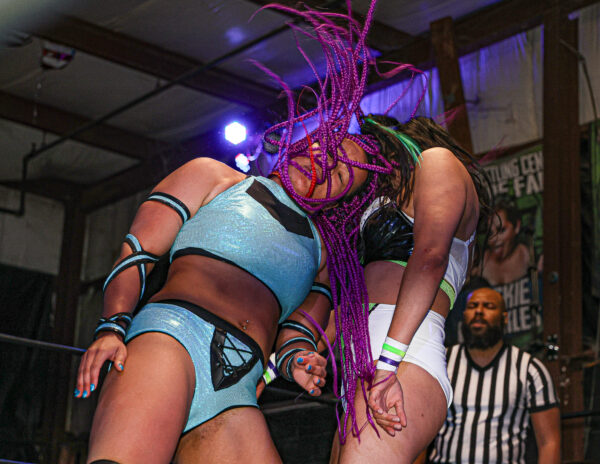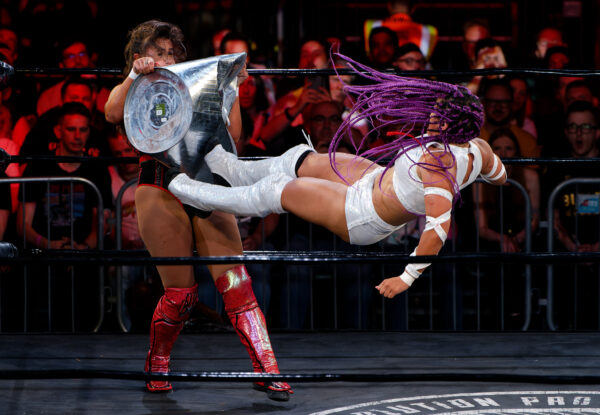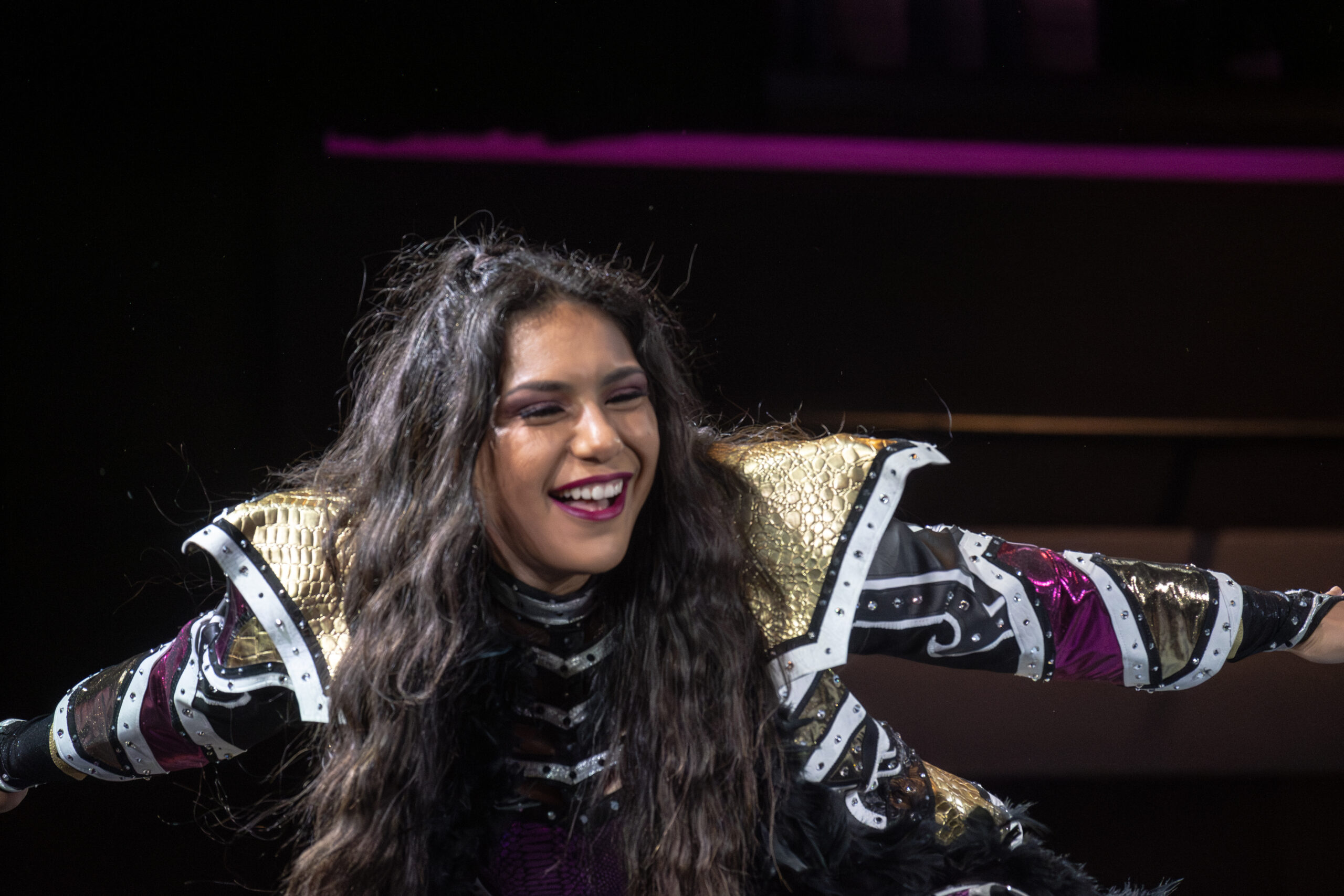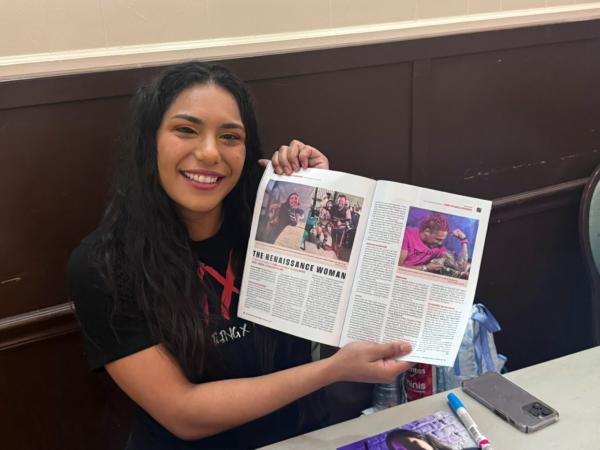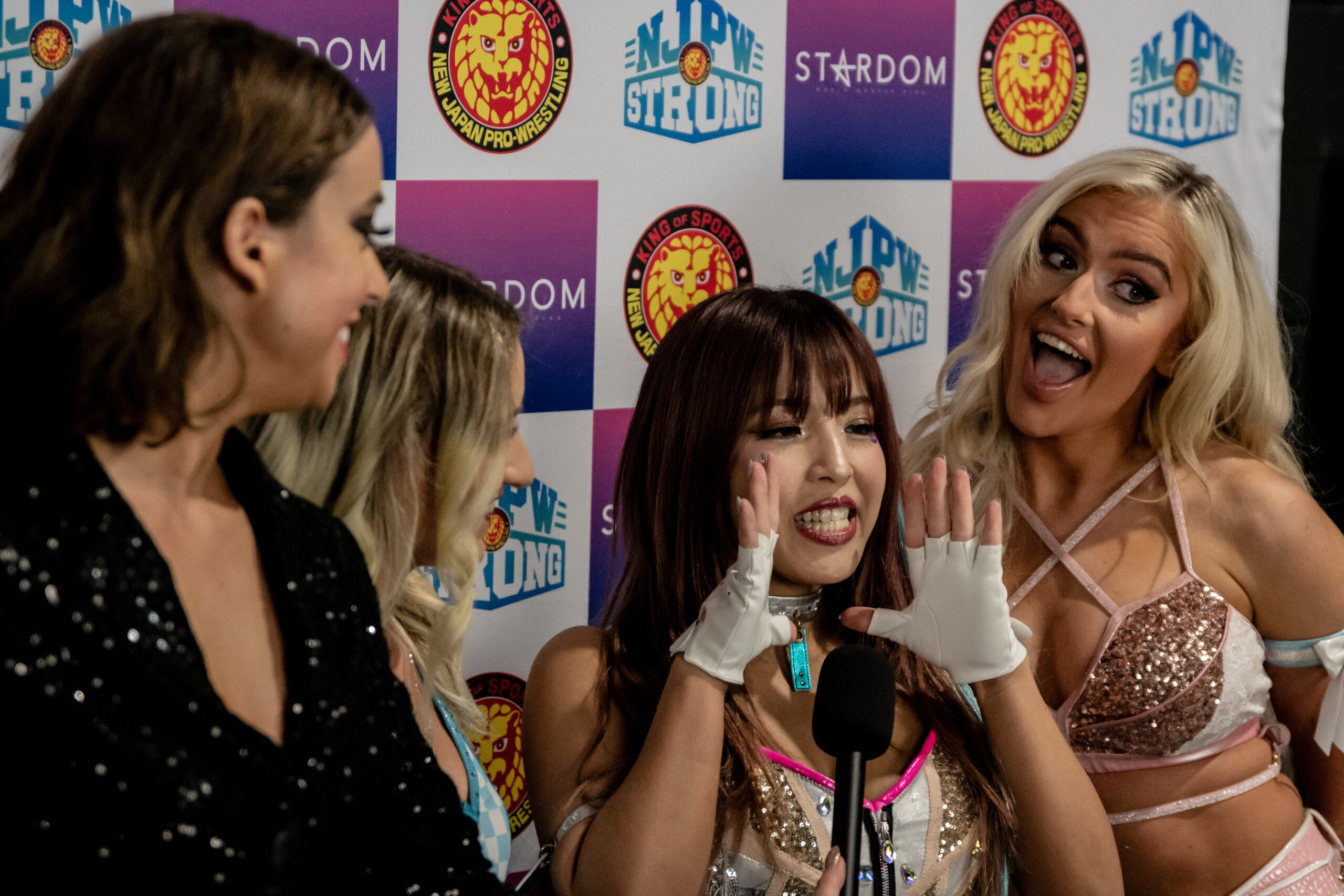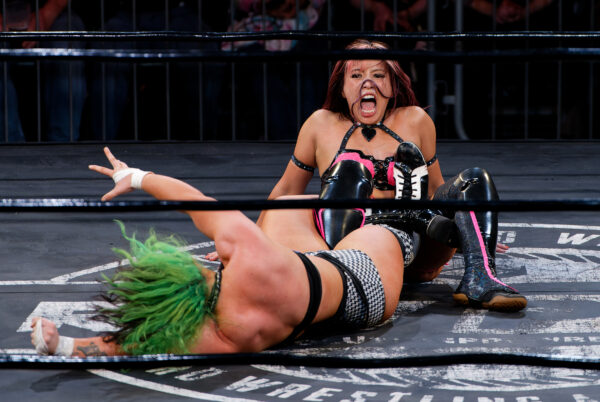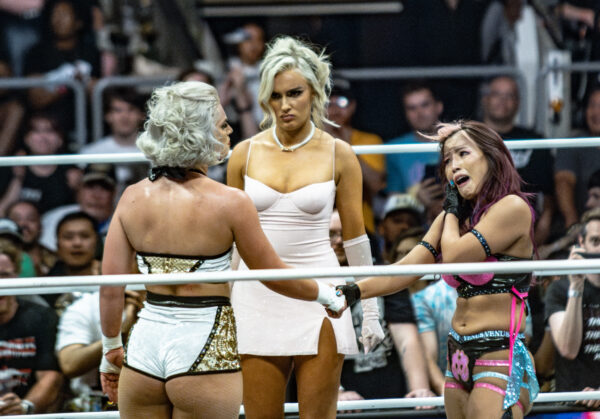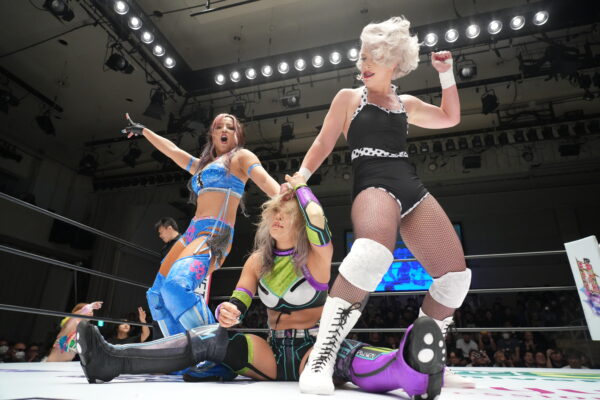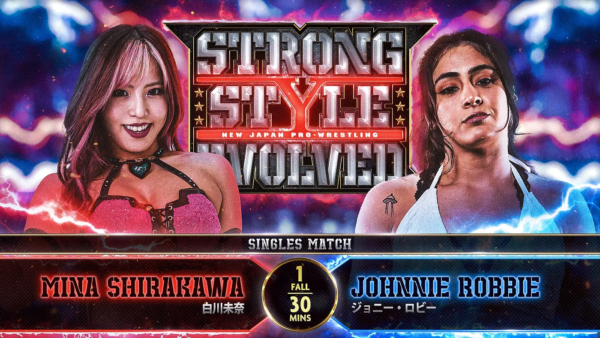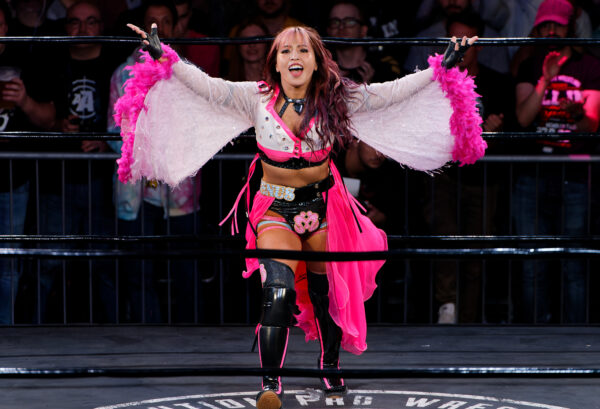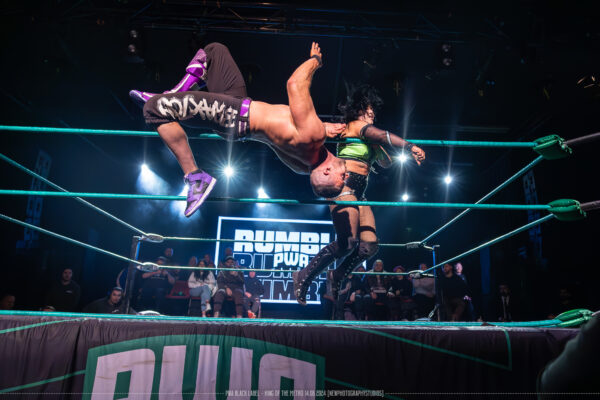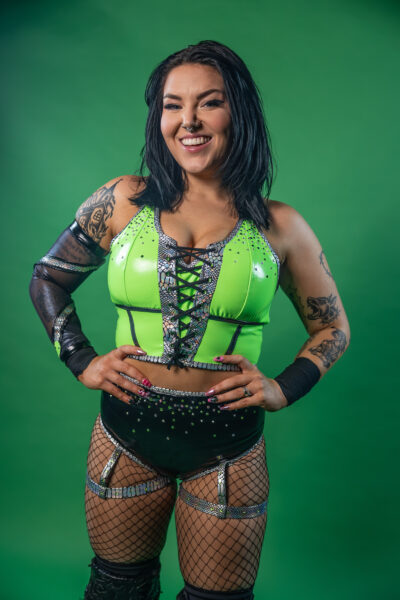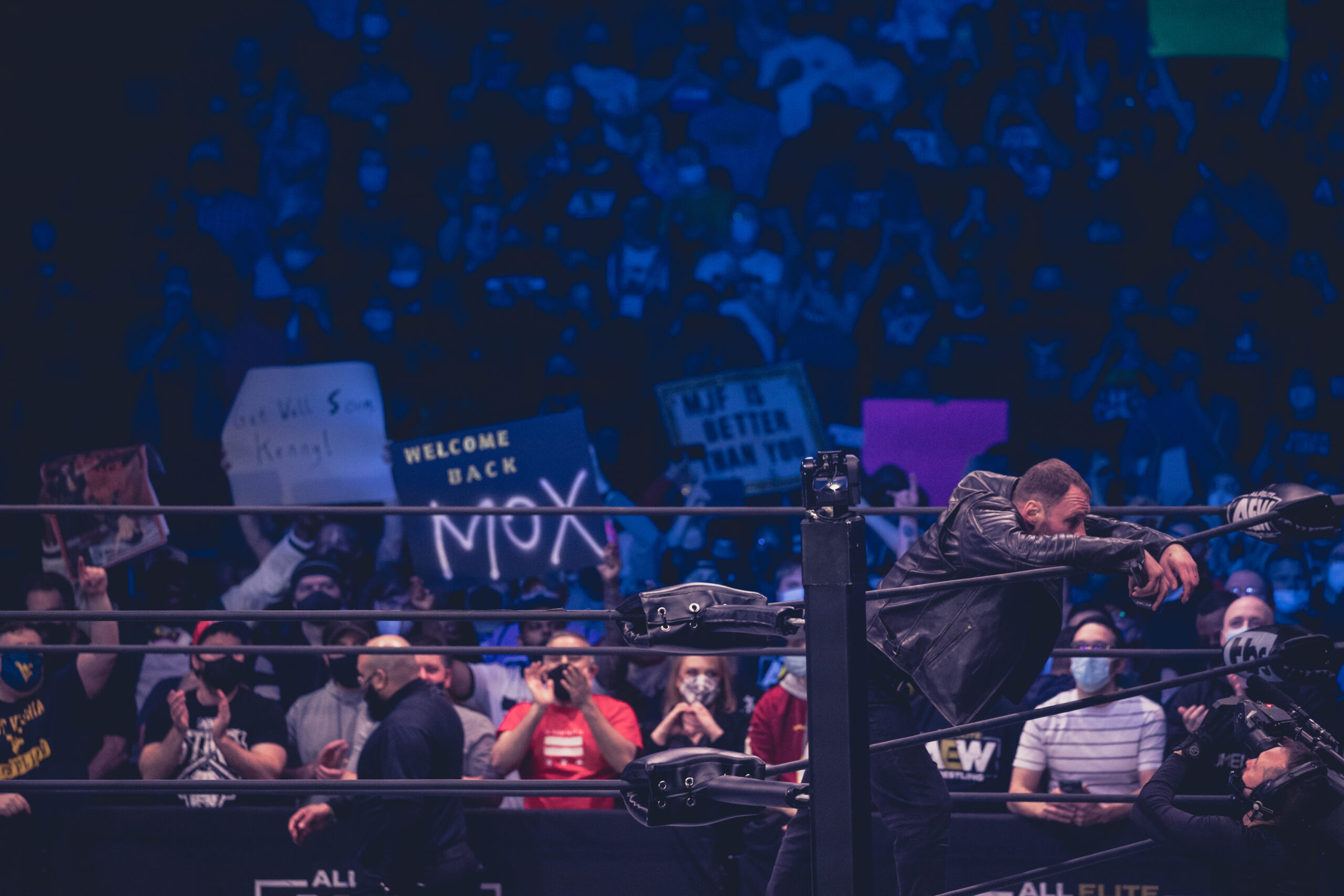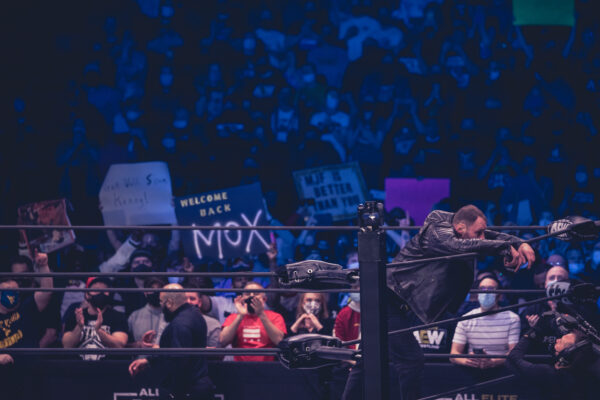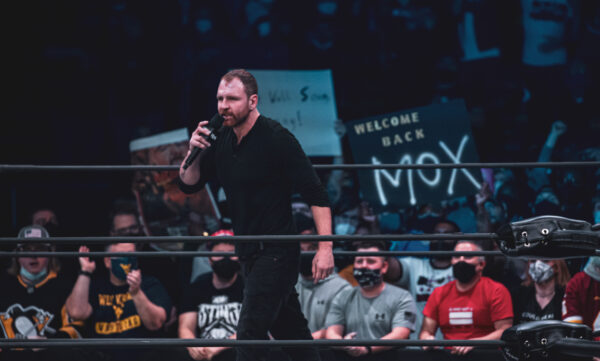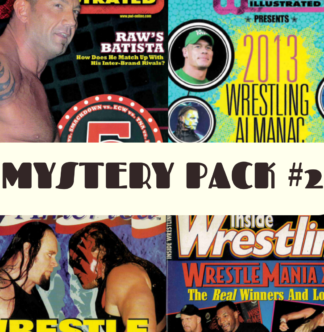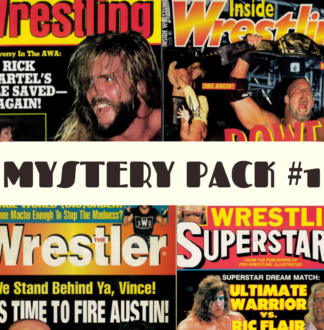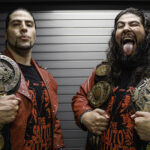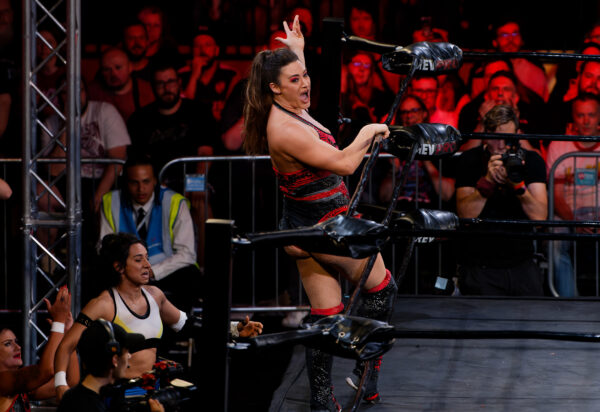
NINA SAMUELS IS widely known as one of the most decorated champions in the U.K., woman or man, and her “PWI Women’s 250″ ranking reflected that talent. Kristen Ashly of Pro Wrestling Illustrated spoke with Samuels about what made her 2024 spectacular.
ASHLY: First I want to say congrats on your highest career PWI Women’s ranking at #52! You jumped a whopping 111 places from last year. What do you think changed for you this year?
SAMUELS: The further I get into my career, the more I understand myself as a performer and how to maximize my brand and my individuality. I learn from every experience I have in the ring, as well as learning from working behind the scenes and coaching.
ASHLY: One thing that certainly didn’t hurt your ranking was holding nine different titles during the evaluation period, most of which you still hold today. What mindset does it take to be such a decorated champion? How do you keep track of all the belts? Do you revere one over the others, or are they all special in their own way?
SAMUELS: It was actually 10 championships simultaneously, so I was very proud to equal Ultimo Dragon’s record! It’s definitely challenging to carry that responsibility for so many companies at one time, not to mention the combined 20kg weight of carrying them! It’s an honor to be able to represent all of the companies whose championships I hold. They’re all special in different ways.
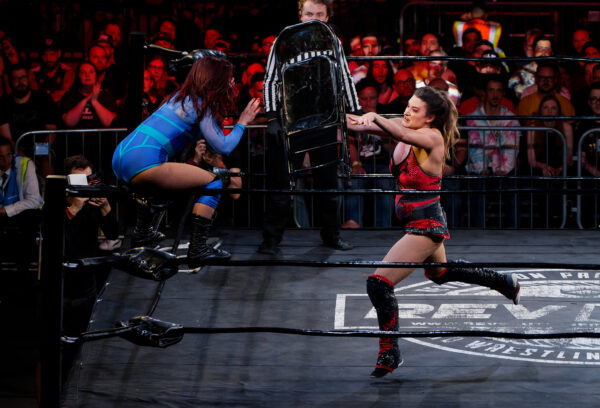
ASHLY: One of your titles, the EVE championship, holds a special place in many fans’ hearts, including mine. You’re a pillar of EVE, so it makes sense you hold it. Being an EVE regular, what do you think makes the company so special?
SAMUELS: EVE is so important for the growth of women’s wrestling, in the U.K., but also for the many international talents we have over on a regular basis. It’s a place where we can all flourish and grow as performers, without the confines of just being one of the women’s matches on the show. Storylines aren’t just limited to who is challenging for the title at that moment, which fortunately is something that’s starting to open up in other promotions, as well.
ASHLY: The EVE title has an incredibly impressive history. This is your second time holding the title. How do you feel you line up with the past winners? Is there someone you’re looking to defend it against?
SAMUELS: The lineup of former champions is a who’s who in women’s wrestling. It feels amazing being in that lineup. Defending against Miyu Yamashita was a huge moment for me. My dream match is Meiko Satomura, so, I would [like] if that could happen before she retires.
ASHLY: We’ve seen you in so many places this year, including Sendai Girls’, AEW, in Germany, in Spain. Are we seeing the beginnings of Nina’s global takeover? Where else are you planning to dominate?
SAMUELS: Sendai Girls’ is so special to me. I’ve been fortunate enough to do three tours and would love to go back again to do more. I’ve still never had a match in the U.S. I was supposed to back in 2020 with NXT … but it was 2020, so! I would love to work in the U.S. I got to challenge for the DEFY Women’s championship in the U.K. And now, with their ongoing relationship with PROGRESS, it seems only right that I take The Nina Samuels Show stateside!
ASHLY: In 2024 on top of your huge collection of belts, you’ve competed for the DEFY Women’s, OTT Women’s, PROGRESS Women’s, and RevPro Undisputed British Women’s titles. First, how do you find the energy to challenge for so much gold? Is there a belt you’re after more than the others?
SAMUELS: I’m greedy so I’ll never shy away from challenging for any championship! Given that I’ve been a part of PROGRESS Wrestling for so long, it still hurts my heart that I haven’t been PROGRESS Women’s champion yet. I’ve spent a lot of time in PROGRESS focused other things, like my rivalries with Alexxis Falcon and Kanji. Which have been great fun. But now, more than ever, I feel it’s my time to be champion in PROGRESS. [Editor’s note: In the time between when this interview was conducted and published, Samuels became PROGRESS Women’s champion, dethroning Rhio.]
ASHLY: While not in the evaluation period for the “Women’s 250,” we want to commend you on an awesome showdown with Thunder Rosa recently. Though you lost your Riot Cabare title after an astounding 784 days, you had what a lot of fans consider one of your best matches. How did you approach the match from a strategic point of view? Did you have to change your style? Did you walk out of the match friends, or are you hungry for a chance at it again?
SAMUELS: I’d wrestled Thunder Rosa before, but that was seven years ago, so I feel like we’re both completely different wrestlers now. Unfortunately, I dislocated my shoulder early on in the match. So, all strategy went out of the window and I went into survival mode. The Riot Cabaret Women’s championship was the first title I won after WWE, so it had huge sentimental value; because winning it reminded me who I was after that setback. I was heartbroken to lose the championship, but I’m proud that I was able to give my 784-day reign an amazing send-off in the main event of the show.
ASHLY: We’re huge fans of the Nina Show and honored we could witness a historic (and the busiest) year of your career. What’s next?
SAMUELS: Honestly, I’m having the time of my life doing what I’m doing, so I want to continue having fun and showcasing the best version of myself on whatever stage I’m on.

